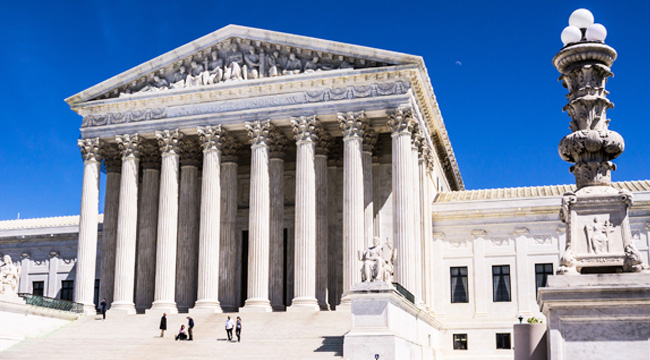
On Monday, the Supreme Court declined to hear an appeal to reinstate a Texas voter-identification law that was found to have a “discriminatory effect on minority voters” by the 5th Circuit Court of Appeals. Sadly, this didn’t make for a unique law in the U.S. However, Texas had one of the most restrictive voter ID laws, which appeared to target low-income people, young voters, and minority communities.
The law in question — passed by the state’s GOP-led legislature in 2011 — allowed for voter IDs to take seven different forms, including a military ID, concealed-carry license, driver’s license, or passport. However, the law did not allow a welfare card or a student ID as acceptable forms of ID. The court’s decision not to hear the appeal was unanimous, although Chief Justice Roberts noted that litigation is ongoing, so they might have reason to hear the case in the future. Reuters sums up the law’s history:
The law, passed by a Republican-led legislature and signed by a Republican governor, had been considered one of the strictest of its type in the United States. It was challenged in court by the U.S. Justice Department under former President Barack Obama, civil rights groups and individual voters.
Critics including the Obama administration had said the Texas law and similar statutes enacted in other Republican-governed states were tailored to make it harder for minorities including black and Hispanic voters, who tend to support Democrats, to cast ballots. Backers of these laws have said they are necessary to prevent voter fraud, despite little evidence of such fraud.
A relaxed version of the law guided the state through the November election, but the full-on law’s opponents estimated that 600,000 Texas residents would be left unable to vote, should this law be reinstated. Thanks to SCOTUS, this won’t happen now, but the door has been left open for a future ruling on appeal.
